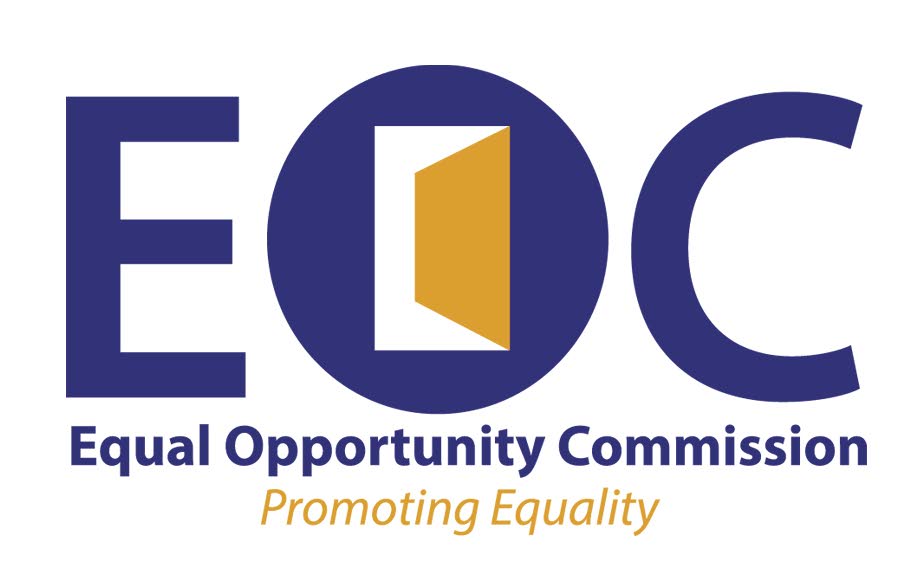Copyright newsday

NOVEMBER 10 (today) is World Immunisation Day. This is not to be confused with World Immunisation Week which the World Health Organization observes on the last week of April every year. Both events have the same focus, which is to spread awareness about how vaccines prevent the spread of infectious diseases. Whichever is the correct day, it is useful to consider vaccinations in the broader context of discrimination. This was very topical during the covid19 pandemic. People who chose to be unvaccinated often felt they were discriminated against. For example, in 2021 an individual complained to the commission that they were told that they will not be allowed to sit an exam, as at that time the centre will only allow vaccinated candidates into the room. Also in 2021, another individual complained that they needed to show proof of vaccination to access a venue that was a "safe zone." Recall that starting October 11, 2021, businesses and venues in the leisure and entertainment sector (such as bars, restaurants, cinemas, gaming and betting houses, among others) were allowed to operate as safe zones, where, among other things, all employees and patrons needed to be fully vaccinated, and show proof of same. This requirement came to an end on April 4, 2022. The starting point of any conversation is that vaccination is a fundamental component of primary healthcare. Vaccines prevent illnesses that can be fatal or lead to long-term complications. In the modern world, diseases like measles, mumps and rubella (MMR), polio and smallpox have been almost eradicated because of global immunisation efforts. Apart from protecting the individual, when the rate of vaccination in a community is sufficiently high, it creates herd immunity, reducing the spread of diseases in that community, and creating a barrier against outbreaks. Finally, prevention is cheaper than cure: the cost of vaccination is considerably less than the financial and emotional cost to the healthcare system and to the individual and/or their families to treat with the disease. Another equally relevant point is that vaccinations are voluntary. The state cannot forcibly inject you or your child without your consent. However, it is permissible for the state to say that if you (on your own behalf and/or on behalf of your child) choose not to be vaccinated, then certain things can be denied to you. For example, it is common in many countries that children who are unvaccinated are not allowed to enter schools. The case of Vavřička and Others v the Czech Republic (47621/13), a decision of the European Court of Human Rights from April 2021, concerned a challenge to laws in the Czech Republic that mandated that children must be vaccinated against nine diseases including MMR, polio, hepatitis-B, tetanus, and diphtheria. The main question in this case was whether this law breached Article 8 of the European Convention of Human Rights which provides: 1. Everyone has the right to respect for his private and family life, his home and his correspondence. 2. There shall be no interference by a public authority with the exercise of this right except such as is in accordance with the law and is necessary in a democratic society in the interests of national security, public safety or the economic well-being of the country, for the prevention of disorder or crime, for the protection of health or morals, or for the protection of the rights and freedoms of others. Note that the right at Article 8(1) is similar to the right enshrined at section 4(c) of our Constitution, which is: “the right of the individual to respect for his private and family life.” The court said that the compulsory vaccines administered by Czech health authorities were in line with the "best interests" of children. They concluded that "the measures could be regarded as being necessary in a democratic society" and that the government has not exceeded their reasonable discretion as to what was necessary. The objective was to protect every child against serious diseases. This was achieved by children receiving the full schedule of vaccinations during their early years. Those to whom such treatment could not be administered were indirectly protected against contagious diseases if the requisite level of vaccination coverage was maintained in their community; in other words, their protection came from herd immunity. It is noteworthy that it was recognised that there might be cases where it may be possible, perhaps for medical reasons, that someone cannot be given a certain vaccine. Returning to the cases of people who did not take the covid19 vaccine, if it was that these people did not do so, on the advice of a medical doctor that taking the vaccine is likely going to exacerbate a pre-existing medical condition, then it is possible that they could claim discrimination on the basis of a disability. The Equal Opportunity Commission is empowered to receive complaints of discrimination that are covered by the Equal Opportunity Act; in turn, this act is concerned with discrimination in four broad categories – employment, education, provision of goods and services and provision of accommodation – where someone has suffered less favourable treatment: • Because of their status, that is, one of the following personal characteristics: race, ethnicity, religion, sex, marital status, origin or disability. • Or by way of victimisation, that is, in retaliation for doing certain actions that are protected under the EOA. For example, lodging a complaint with the commission or giving evidence in support of someone who has lodged a complaint. For general information, the act also applies to an unrelated third category of conduct known as "offensive behaviour." Regrettably, the commission could not assist people who were unvaccinated by choice (that is, vaccine hesitancy). While we recognise the right of every individual to choose what they put into their bodies, this freedom of choice does not fall within one of the above grounds on which the commission is empowered to act. However, if there was a verified medical basis for their choice, then it might have been possible for them to complain that they were being discriminated against because of a disability. This applies to any mandatory vaccination regime.



